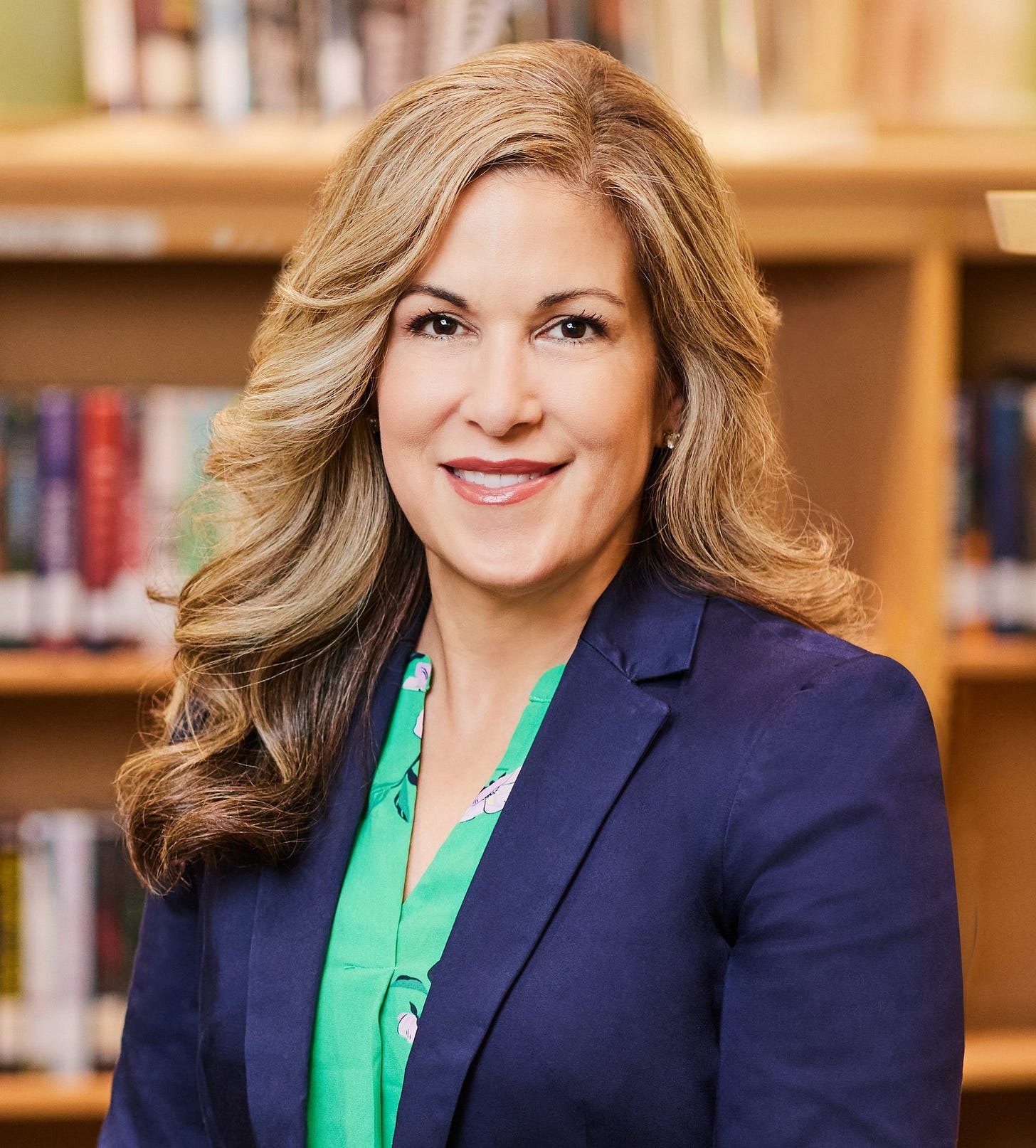Texas Attorney General Ken Paxton has opened a formal investigation into the Plano Independent School District for alleged antisemitism, following reports that teachers allowed students to participate in pro-Palestinian walkouts and receive excused absences for protesting Israel's military actions in Gaza. The investigation, launched in August 2025, centers on accusations that the district has failed to address anti-Israel classroom discussions adequately and has ignored parental concerns about antisemitic incidents.
The probe comes nearly two years after the October 7, 2023, Hamas attack that killed approximately 1,200 Israelis, which has since triggered an ongoing conflict that Gaza's Health Ministry reports has resulted in more than 60,000 Palestinian deaths.
Attorney General Demands Comprehensive District Records
In a formal letter to Plano ISD Superintendent Dr. Theresa Williams, Paxton outlined specific documentation requests that paint a picture of systemic concern about the district's handling of Middle East-related tensions. The attorney general demanded copies of school policies governing student walkouts, all disciplinary actions and investigations involving students who participated in pro-Palestinian demonstrations, and comprehensive reports the district has received regarding antisemitism in curriculum or among staff and students.
"Those complaints have either been ignored or met with vague responses that do nothing to meaningfully address the problem," Paxton wrote in his letter to the superintendent, according to KERA News.
The investigation focuses on allegations that students were given excused absences for participating in pro-Palestinian walkouts and were exposed to what parents describe as pro-Palestinian lessons during regular instruction. However, Paxton's letter did not specify the exact nature of the reported anti-Israel and antisemitic discussions that allegedly occurred in classrooms.
School Board President Defends District Response
Plano ISD School Board President Lauren Tyra pushed back against the allegations during a recent board meeting, asserting that individual incidents of antisemitism within the district have been adequately investigated and addressed. Tyra characterized the controversy as political interference in educational governance.
"Plano ISD will not allow political posturing or sensationalization overshadow the critical work of building safe and respectful schools," Tyra stated, according to KERA News.
The district has proactively hired an independent firm to conduct a comprehensive audit of its policies and systems specifically to address the antisemitism allegations, signaling an attempt to demonstrate transparency and accountability in response to the mounting pressure.
Congressional Representatives Join Investigation Push
The attorney general's investigation follows earlier pressure from federal lawmakers representing the area. Congressman Keith Self from Texas Congressional District 3 and Rep. Pat Fallon from Texas Congressional District 4 jointly sent a letter to Plano ISD earlier this month, urging district leadership to take more decisive action against reported antisemitism.
This congressional involvement underscores the political significance of the controversy, elevating a local school district issue to both state and federal levels of attention.
Former Trustee Amplifies Antisemitism Concerns
Cody Weaver, a former Plano ISD school board trustee who is currently running for Collin County commissioner in the Republican primary for precinct 4, has emerged as a vocal critic of the district's response to antisemitism allegations. Weaver has used multiple school board meetings to highlight what he characterizes as the district's inadequate response to rising antisemitism.
"Since the October 7th attacks, antisemitism has sharply risen in Plano ISD," Weaver posted on social media, as reported by KERA News. "In response, Jewish families and our Christian allies have united to protect students and demand action. But Plano ISD has chosen to do the opposite—clinging to the status quo, blocking progress, and protecting its own image instead of protecting children".
Weaver's comments reflect broader community tensions and suggest organized advocacy efforts by families concerned about the district's handling of Middle East-related educational content and student activities.
Broader Context of Campus Protests
The Plano ISD investigation occurs within a broader national context of student activism related to the Israel-Gaza conflict. Students across the country have organized protests against Israeli military actions, including demonstrations at the nearby University of Texas at Dallas campus.
The regional legal climate has proven challenging for protesters, with a Collin County grand jury recently indicting 14 UT Dallas protesters on charges of obstruction of a passageway, a Class B misdemeanor. This legal precedent suggests local authorities are taking a firm stance against protest activities that disrupt normal operations.
Independent Audit Signals District's Proactive Response
Plano ISD's decision to hire an independent firm for a comprehensive policy audit represents a significant administrative response to the mounting allegations. This move suggests district leadership recognizes the seriousness of the charges and the need for external validation of their policies and procedures.
The audit will likely examine existing protocols for handling sensitive political topics, student demonstration policies, and staff training procedures related to maintaining educational neutrality on controversial international issues.
Political Implications and Community Divisions
The investigation highlights the complex intersection of international politics, local education governance, and community relations in one of Texas's largest and most diverse school districts. Plano ISD serves a significant Jewish population alongside students from various ethnic and religious backgrounds, creating particular sensitivity around Middle East-related educational content.
The controversy also reflects broader national debates about the appropriate role of schools in addressing international conflicts and the boundaries between educational discussion and political advocacy in classroom settings.
As the attorney general's investigation proceeds and the independent audit moves forward, Plano ISD faces the challenge of balancing educational freedom with community concerns about antisemitism while maintaining its commitment to serving all students in an increasingly polarized political environment. The outcome of this investigation could establish essential precedents for how Texas school districts handle similar controversies involving international conflicts and allegations of bias in educational settings.



